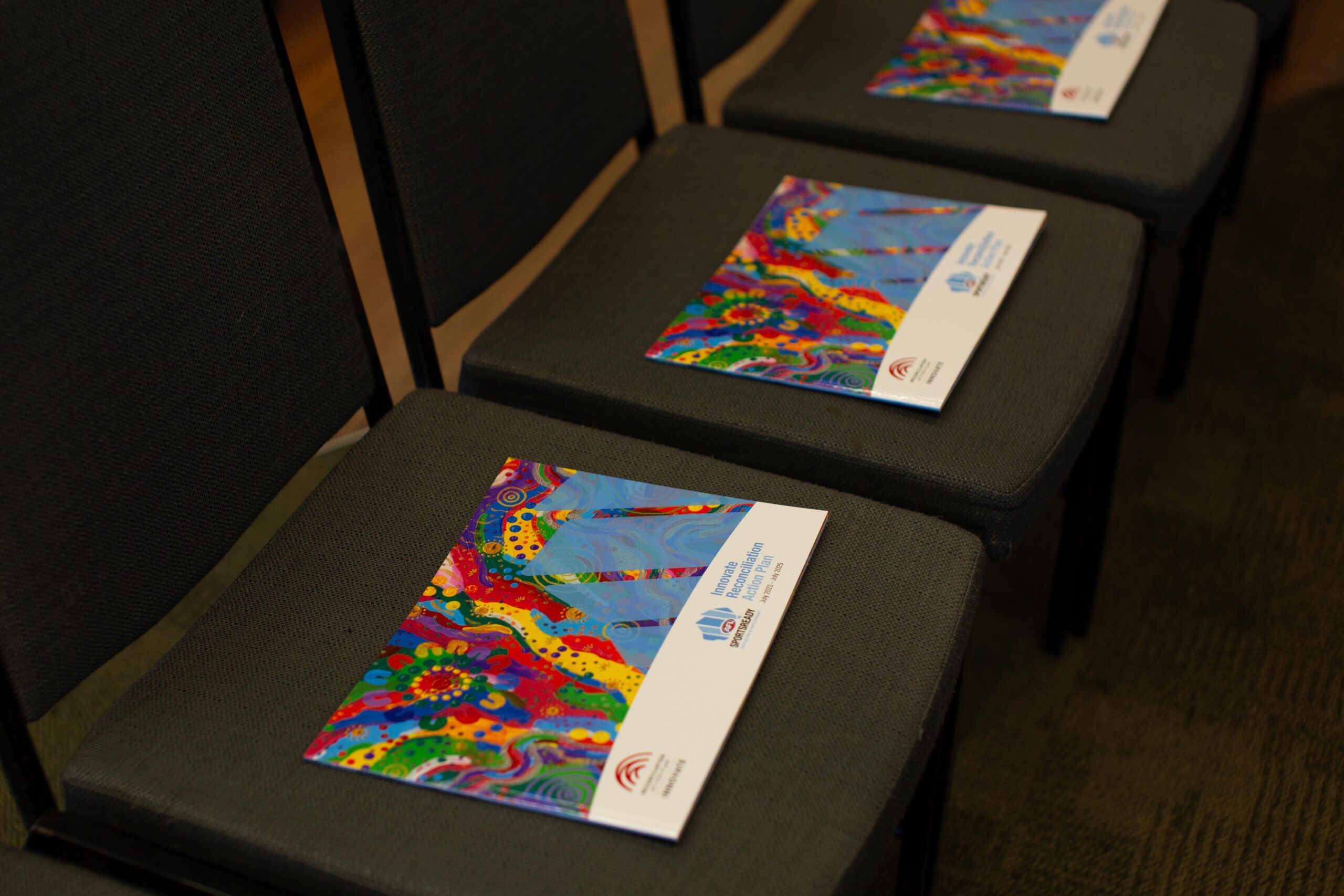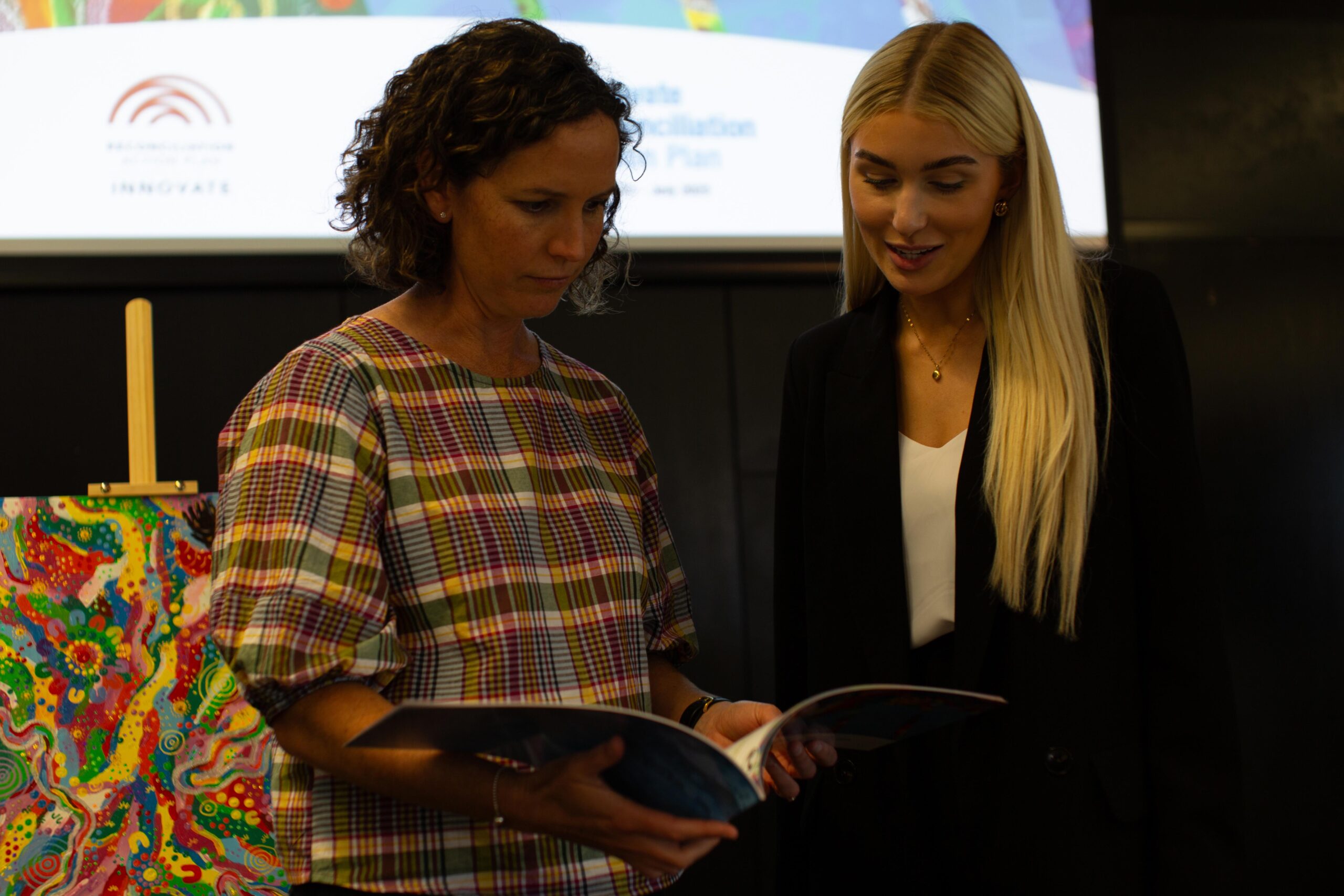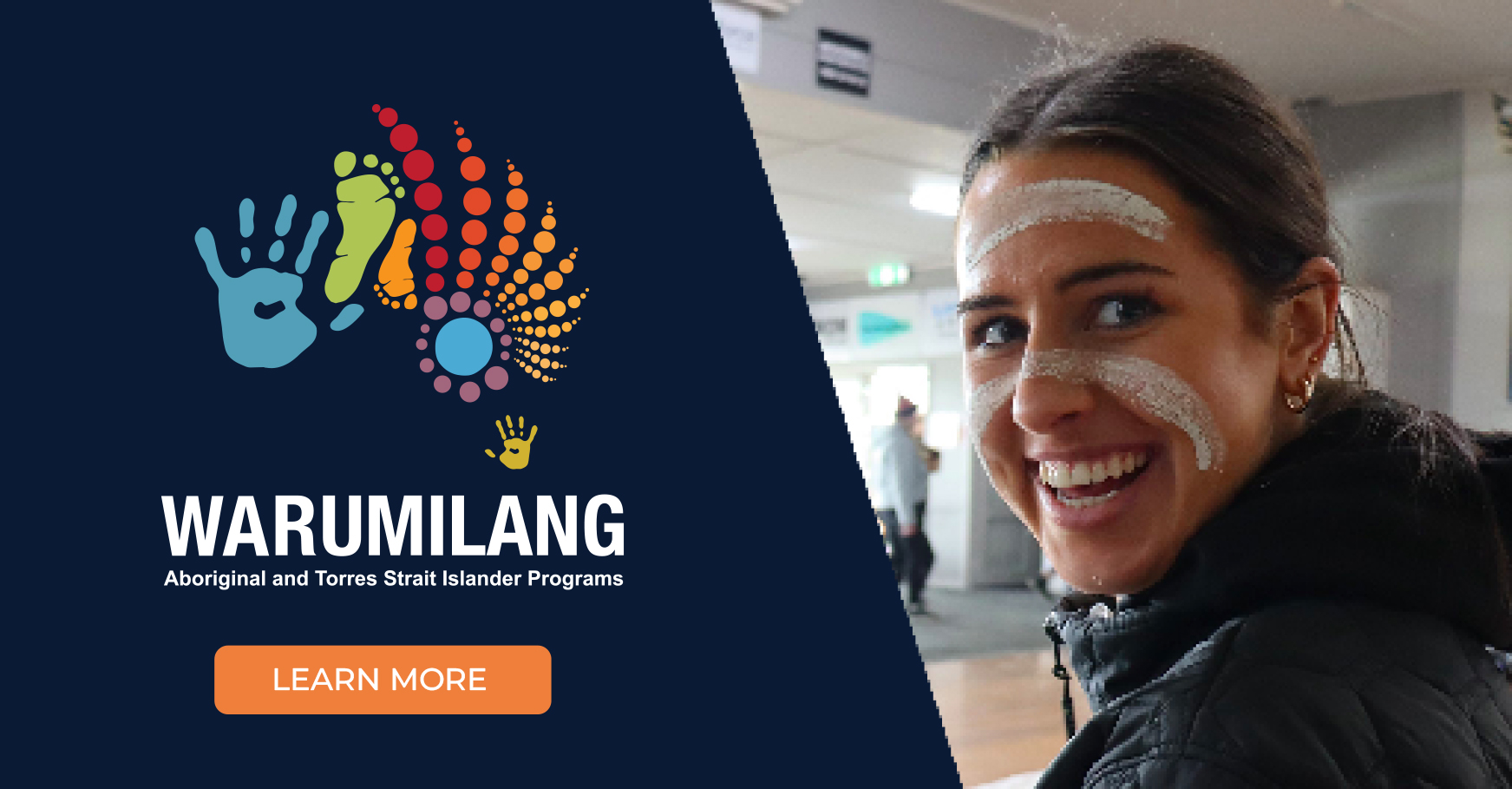Are Reconciliation Action Plans still worth it?
In the aftermath of the recent referendum results. A question lingers: Are Reconciliation Action Plans (RAPs) still worth the effort? The scepticism is understandable, considering the majority of the population is still struggling to comprehend the profound impact of historical injustices on today’s society.
Yet, it is precisely this struggle that underscores the continued relevance and importance of RAPs.

For me, I became well aware of the injustices faced by First Nations peoples in Australia at a very young age. The lessons of our history and injustices were taught regularly with the sharing of family stories that highlighted the painful reality of racial injustices.
In my role, when asked about Aboriginal and Torres Strait Islander affairs. I can frequently help convey the message by sharing a story of my lived experience or one of my families. When I share these stories with friends and co-workers, they are shocked… shocked that these stories are not ancient histories but recent events.
This awareness emphasises the need for continued efforts. Comprehensive education about our shared history is imperative to foster understanding and empathy for all Australians. Without this knowledge, the impact of historical injustices on the present system remains a challenge for many.
Understanding the layers of historical injustices that have been built into institutions and society is complex and emotive.
For organisations committed to making a difference in the reconciliation movement, it is hard to know where to start.
The magnitude of the need and task set before you can seem immense, overwhelmingly large, and daunting.
This is where the RAP document proves invaluable. Offering a structured approach to address the complexities of race relations and providing a roadmap for building cultural competency.
What many organisations fail to see beyond the actions outlined in the three pillars—relationship, respect, and opportunities—is a reconciliation framework. The framework is made up of five interwoven and crucial dimensions race relations, equality, equity, institutional integrity, unity and historical acceptance.
While RAPs simplify the complex reconciliation framework, there is a risk that the actions outlined may be perceived as tokenistic and removed from the underlying policy. RAPs streamline the process, offering a framework for organisations to implement foundational dimensions supporting the reconciliation movement.
Yet, it’s essential to remember that RAPs require commitment and action—they are catalysts for meaningful change, not mere words.

For many workplaces, including mine, RAPs serve as a valuable tool for building cultural competency and fostering meaningful conversations. By engaging in these initiatives, staff members gain a deeper understanding of history, challenge biased systems and become more confident in addressing race-related issues. This education is especially crucial in the face of referendum results indicating a broader societal lack of understanding regarding Aboriginal and Torres Strait Islander affairs.
Similar to any strategic business document, RAPs are effective only when embedded in a supportive and inclusive workplace culture. As the saying goes, “Culture eats strategy for breakfast,” emphasising the importance of cultural alignment for successful RAP implementation. Some organisations have no RAPs and still do great work to support First Nations businesses and peoples. Other organisations have a RAP but fail to prioritise actions and fall short of making meaningful inroads within their organisation.
The recent referendum results may have felt like a setback, but they also revealed millions of Australians who are committed to better outcomes for First Nations peoples and to learning more about Aboriginal and Torres Strait Islander affairs.
This means the work of reconciliation has never been more crucial.
While the journey continues, I believe that RAPs still play a significant role in building respect, understanding and empathy for First Nations peoples in the workplace.
At AFLSR, we recognise the importance of the reconciliation movement and the commitment of our staff. Our Innovate RAP serves as a clear plan of action, uniting hearts, minds and hands to contribute meaningfully to reconciliation. In a time where the necessity for change is undeniable, RAPs prove not only relevant but imperative for creating a more inclusive and understanding society.
Written by Kylie Penehoe – AFL SportsReady Executive Manager of First Nations Programs
For more information on AFLSR’s Innovate Rap:
For more information on Reconciliation Action Plans:
With over 29 years of experience providing quality job opportunities and launching the careers of thousands of young Australians. AFL SportsReady offers diverse and thrilling opportunities that could take your career to the next level.

Whether you’re just starting in your career or looking to take it in a new direction. AFL SportsReady has something to offer, with a commitment to quality training and support. You can be sure that you’ll have the tools you need to succeed.
So why wait? Kickstart your career today by exploring available Traineeships.
Follow us
